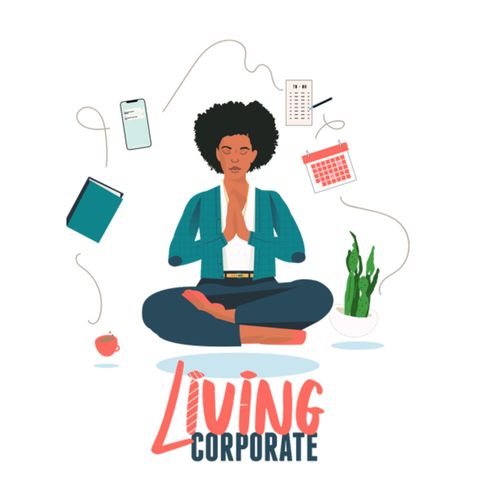268 Tristan's Tip : When to Take Jobs Off Of Your Resume

Scarica e ascolta ovunque
Scarica i tuoi episodi preferiti e goditi l'ascolto, ovunque tu sia! Iscriviti o accedi ora per ascoltare offline.
Descrizione
On the seventy-ninth installment of Tristan's Tips, our amazing host Tristan Layfield brings us another career tip, this time talking about when to take jobs off your resume. Remember, there's...
mostra di piùConnect with Tristan on LinkedIn, IG, FB, and Twitter. Links in order.
http://bit.ly/2G7d6HK
http://bit.ly/2XDcp3z
http://bit.ly/2JEbg1R
http://bit.ly/2JCmKTz
Find out how the CDC suggests you wash your hands by clicking here or below.
https://bit.ly/2Ug4l5K
Help food banks respond to COVID-19. Learn more at FeedingAmerica.org.
https://bit.ly/2WD73Uk
Check out our website.
https://bit.ly/living-corporate
TRANSCRIPT
Tristan: What's going on, Living Corporate? It's Tristan back again to bring you another career tip. This week let's talk about when to take jobs off your resume.
Many of us have heard the rule that after 10 - 15 years, you should take experiences off of your resume. I used to give this advice too, but now I don't think the experience you should include on your resume is as cut and dry as that rule tries to make it out to be. In conversations with my clients, I focus less on the time limit and more on relevancy. When we are writing our resumes, we want to focus on providing the most relevant experience and skills in the shortest amount of time.
So during my intake calls when we get to those experiences that are 10 - 15 years back, I always ask, "Does this role contain a relevant skillset not already represented by a more recent job?" If the answer is no, then we discuss either completely removing it from the resume or putting it an additional experience section with only the job title, company name, and dates if we still want to showcase the background or career trajectory. But if the answer is yes, then we have a conversation on what skill sets that role showcases that differ from recent experiences, and we keep ONLY that portion and ditch the rest.
Now, some people, resume writers and career coaches included, don't necessarily like this advice. They may believe this begins to create gaps in the resume, and to that, I would say that completely removing anything 10 -15 years back already creates a large gap between college and the first employment experience listed. They'll also say if the skillset is 10 -15 years back that it is probably outdated to which I would say if that's the only place that represents the skillset, then why risk the chance of not getting the job because you omitted it?
Remember, there's no one right way to write a resume, but the purpose of your resume is to show the employer how you can help them solve their problem. So drop your attachment to certain parts of experience if they don't fit with where you're trying to go and keep them if they do. Simply focus on how you can make yourself relevant.
This tip was brought to you by Tristan of Layfield Resume Consulting. Check us out on Instagram, Twitter, and Facebook @LayfieldResume or connect with me, Tristan Layfield, on LinkedIn.
Informazioni
| Autore | Living Corporate |
| Organizzazione | Living Corporate |
| Sito | - |
| Tag |
Copyright 2024 - Spreaker Inc. an iHeartMedia Company
